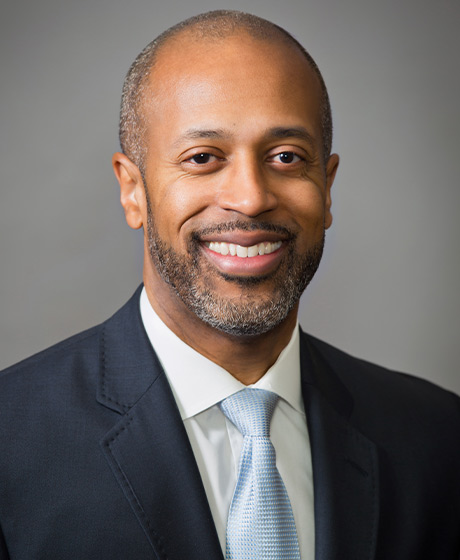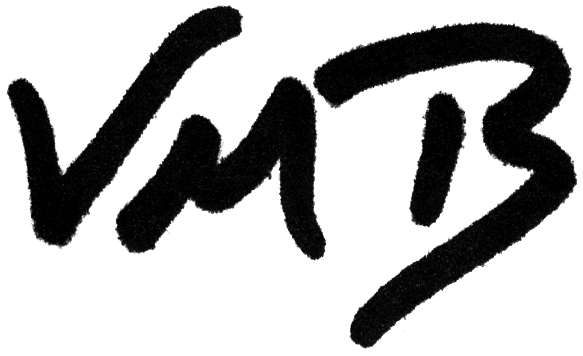
by Vernon M. Billy
ypically, when we think of student voice, our minds flash to the great demonstrations that roiled this nation in the 1960s, but the tradition of protest on school campuses extends back centuries. In 1507, professors at Italy’s University of Padua announced plans to cancel the school’s Carnevale vacation — their equivalent of spring break.
Over the subsequent 250 years, the intensity of student protest has ebbed and flowed. Now, like in the 1960s, we find ourselves in a period of social upheaval and increased student activism. Generation Z is made up of internet natives who have precociously used widespread access to the internet, smart phones and social media to network with one another and to broadcast their views at a previously impossible scale and pace.
It was for that reason that we featured student leaders during the Second General Session of CSBA’s 2021 Annual Education Conference. I had the great pleasure of moderating a panel discussion with current students and recent graduates of California public high schools. The wide-ranging conversation explored subjects like student achievement, curriculum, school culture, diversity, and mental and physical health. You may disagree with some of the students’ comments and some of their opinions may make you feel a little uncomfortable — but growth doesn’t occur in our comfort zone. That was a point made powerfully by one of our panelists, Jasmine Nguyen, an Orange Unified School District graduate and current student at Stanford University.
“I think in terms of having those tough conversations, one of the first things I would say is to embrace the fact that they’re going to be tough and to embrace being uncomfortable,” Nguyen said. “And I think that it’s really important to understand that accountability, acknowledging impacts, all of those things aren’t necessarily going to be easy — but it is necessary. And I know that as people serving on school boards, you care about your students. You care about making spaces that are inclusive and warm and comfortable, that foster environments where they can learn and grow and thrive. And in order to do that, you have to have those tough conversations.”
Taking that idea to heart, student panelists challenged the audience with an unvarnished conversation that provided greater insight into how students view our education system and the world. Precious King, a 2020–21 student board member from Riverside County’s San Jacinto USD put it well. “Students were going through similar struggles decades ago, and now here we are in the present day and age with new issues and new ways of tackling such issues,” King said. “Our generation, we take things head on. We’re not afraid to say what’s on our mind and address the issue — especially what the actual issue is — and not just brush it over.”
The wide-ranging conversation revealed what today’s high school students and recent graduates think about California public schools. What came through loud and clear is that students do not feel they have been properly prioritized.
“I like to think about education using a company model,” explained Zachary Patterson, a 2021–22 student board member in San Diego USD. “When we think of a product, we know that when the primary stakeholders, the consumers, are dissatisfied with the product, people aren’t going to buy it. In the education system, we’re the consumers, we’re the primary stakeholders, but yet, if we’re not satisfied, we don’t have those same mechanisms. And that didn’t make sense to me.”
Patterson is San Diego USD’s first student board member, but like his counterparts statewide, he remains a non-voting member, a status he’s determined to change so that student voice gains not just influence, but direct impact on student conditions. The need for meaningful, not just performative consideration of student viewpoints, was a recurring theme and expressed powerfully by Jessica Ramos, 2020–21 student board member from Oakland USD.
“I’ve seen a lot of board members who are say, now let’s hear the students” Ramos recalled. “And then it’s just, okay, thank you for your information. Continue back to the agenda. Now, did we actually analyze what the student said? And that was one of the things I took as my important role — to be able to listen to every student I could reach out to, to be able to see what I could bring to the table, to the school board meeting, because sometimes it’s like we were never heard.”
That sentiment was reflected in comments by Isa Sheikh, 2020–21 student board member for Sacramento City USD and now a student at the University of Notre Dame. “I think in California, over and over again, adult politics come in ahead of allocating funds for student needs and getting solutions towards those,” Sheikh said.
For much of the pandemic, the coverage has been framed by adult perspectives and the voices we’ve heard have been those of parents and staff, legislators and other political officials. While those views are important, the opinions of those who have the most at stake have been underplayed. As a result, we’ve missed important insight on how we can best serve students in this moment while also addressing longstanding issues of opportunity, support and achievement. All the students emphasized that COVID-19 has exacerbated and cast a light on longstanding problems in public schools. The consensus was that board members should be driven by a sense of that deep need, be open to innovation and change, and to be bold in examining, and, if necessary discarding, standard ways of doing business.
“When you perpetuate the status quo, the status quo continues. We talk about equity and inclusion, and what that means is we target the students that need assistance,” Patterson said. “We recognize, that for every student to be successful, some students need a little bit more and we have to be cognizant of that and use our roles as trustees to make that happen. And the second aspect that I want to touch on is this idea of being ‘enough.’ So many times throughout our lives as students, we’re told we’re not enough — not prepared enough, not smart enough, not ready to be full trustees on a board of education. Moving forward, we have to recognize that students are enough. And when students fail, that’s not a reflection on them. That’s a reflection on each and every one of us here today in the education system.”
The theme of accountability was a strong current running through the panel’s comments. In the past year alone, we’ve seen student walkouts in school districts across the state and other forms of civil disobedience. Yet, it shouldn’t take a protest for adults in education to listen to and to value student opinion. On the contrary, educators should be actively soliciting input and feedback from the group of people who are most impacted by their decisions. It is our obligation to create opportunities for engagement for all students because it allows us to witness the brilliance, vision and courage that they display on a regular basis.
Conejo Valley USD graduate Katelin Zhou, now at Stanford, expanded on this idea and also directed a plea to the trustees in attendance. “Being a board member comes with great power, but also a great responsibility to elevate the voices of those who may not traditionally have a seat at the table,” Zhou explained. “I think that’s something really important to take away with everything you guys do. You guys see a lot of important policymaking, and making sure it’s not always about who might be the loudest in the room, cause there’s a lot of interests competing, but who is truly being impacted by these choices, who deserves to have their voice amplified and who may need your help in been doing so.”
